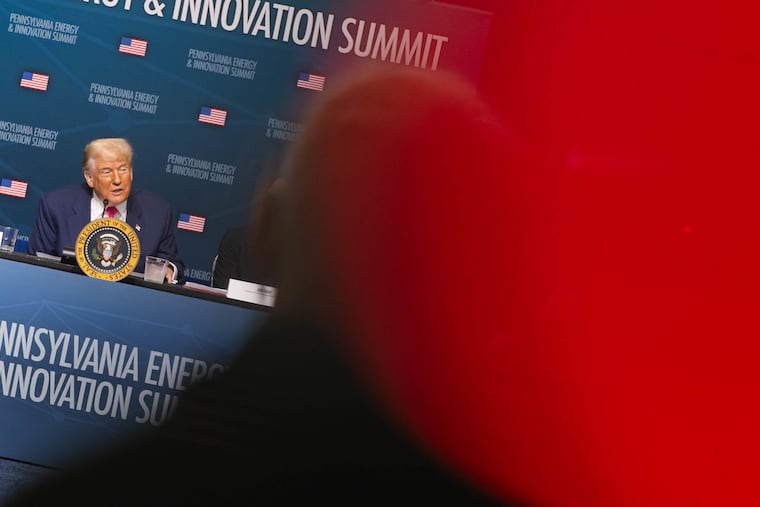Trump's AI Push: Will South Africans Foot the Bill for Energy Demands?

Former US President Donald Trump's recent call for increased investment in Artificial Intelligence (AI) has sparked global conversation. While the potential benefits of AI are undeniable – from boosting economic growth to revolutionizing healthcare – a crucial aspect often overlooked is the escalating energy consumption it demands. This is particularly relevant for South Africa, a nation already grappling with power challenges and rising electricity costs.
AI, especially the large language models (LLMs) powering tools like ChatGPT, are incredibly energy-intensive. Training these models requires vast amounts of computing power, leading to a significant increase in electricity usage. According to some estimates, training a single large AI model can consume as much energy as several households use in a year. As AI adoption accelerates across various sectors, this energy demand will only intensify.
The Ripple Effect on South African Consumers
The concern isn't just about the overall energy consumption; it's about who ultimately bears the cost. In South Africa, where Eskom struggles to meet demand and load shedding remains a persistent reality, the increased strain on the grid will inevitably translate to higher electricity bills for consumers. Households already facing economic pressures will find themselves burdened with even greater expenses to power the AI revolution.
Furthermore, the reliance on fossil fuels to generate much of South Africa's electricity means that increased AI usage will also contribute to greenhouse gas emissions, exacerbating the climate crisis. This creates a complex dilemma: embracing AI's potential while mitigating its environmental impact.
Beyond Electricity Bills: Grid Stability and Infrastructure
The impact extends beyond individual electricity bills. The increased load on the grid could further destabilize the system, potentially leading to more frequent and prolonged load shedding events. This, in turn, disrupts businesses, impacts productivity, and hinders economic growth. Significant investment in grid infrastructure upgrades will be necessary to accommodate the growing energy demands of AI, and the question remains: who will finance these upgrades?
A Call for Responsible AI Development in South Africa
While Trump's call for AI investment is a global signal, South Africa needs to approach this opportunity with caution and foresight. A responsible approach requires:
- Investing in Renewable Energy: Transitioning to renewable energy sources will reduce the carbon footprint of AI and lessen the reliance on a strained grid.
- Developing Energy-Efficient AI Models: Researchers and developers should prioritize creating AI models that require less energy to train and operate.
- Grid Modernization: Significant investment is needed to upgrade South Africa's grid infrastructure to handle the increased demand.
- Policy and Regulation: Government policies should incentivize energy efficiency and sustainable AI practices.
- Public Awareness: Educating the public about the energy implications of AI is crucial for fostering responsible consumption.
Trump's AI push presents both opportunities and challenges for South Africa. By proactively addressing the energy burden and investing in sustainable solutions, the country can harness the benefits of AI without compromising its economic stability or environmental future. Ignoring these crucial considerations would be a costly mistake, leaving South African consumers to foot the bill for a technological revolution they may not be able to afford.





